|
On ne m’avait pas dit qu’une fois arrivée ici / Je n’aurais plus nulle part où m’en aller. ― Les Sœurs Boulay, « Nous après nous » Je ne me suicide pas parce que j'ai envie de partir. Quand on a envie de quelque chose on est sauf. Je ne pars pas parce qu'une fois partie je n'aurais plus envie de rien et qu'il faudrait que je m'extermine. Ma logique m'effraie. ― Réjean Ducharme, L’avalée des avalés I’d been living in my basement apartment for six years, but I’d never bothered making it nice because Montreal didn’t feel like home to me. One of my biggest fears is dying here. There would be nobody to ship my body home, or to even know where that is. I’ve always been attracted to the ocean. On my last trips, I’ve gone to Nova Scotia, Newfoundland, British Columbia, and back to Newfoundland. I’ve been looking for a place for my body. Wherever I would go, no matter for how long, I would never do touristy things. It wasn’t that I was above it. What always interested me was finding out if I would like to live there, so I would just go about my days as I would at home: go to a café and write, go to the pool, eat out, go for a walk, stop by a bookstore, go to the movies… I booked my most recent trip to Newfoundland through a travel agency. I flew in to Deer Lake, on the northern tip of the island, and drove down to St. John’s over two weeks. The agency had sent me a list of suggested attractions along the way. It happened a couple of times that I punched one of their suggestions into my GPS only to end up in the middle of nowhere on what could not possibly be considered a road, praying to God that I would make it out without a flat tire. “Just east of Bonavista you’ll find Elliston, a community that claims the title of Root Cellar Capital of the World with over 135 root cellars, some almost 200 years old,” read the document. Fortunately, it was a paved road that led me there. Next to Nanny’s Root Cellar Kitchen, there was a plaque: A favourite poem of Reverend Charles Lench, the Methodist Minister serving Bird Island Cove/Elliston, 1898-1902 If you want to see a town The sort of town you like, You needn’t pack your clothes in a grip, And go off on a long, long hike. You’ll only find what you left behind, There is nothing really new, It’s a knock at yourself, then a knock at your town; It isn’t your town, it’s you. Whenever my friend Nick would come over to watch a movie, we’d taken to playing a long video on my TV screen while chatting beforehand so that my computer wouldn’t shut down while iTunes was shuffling through songs. We’d started off with videos for cats and dogs, but through YouTube suggestions had made our way to bucolic and coastal landscapes. One such night, I’d picked yet another YouTube suggestion, a shot of a fire burning inside a cabin that overlooked snow-covered mountains. “This infuriates me,” Nick said. It seemed to me a strong reaction to an inoffensive video, so I pressed him on to know what he meant. “It’s junk beauty. The idea that this is happiness…” “Is it a class thing?” I asked. I was thinking about Mykki Blanco who, in the song “Highschool Never Ends,” raps “Up on this roof / Breaking diesel, I'm feeling evil, rich kids got the best views / The whole city looks so pretty.” “Yeah,” he blurted out. “But not even. Even if we lived in the most egalitarian world, not everyone could live by the ocean; some of us would have to live somewhere else.” I understood what he meant. What were you going to do? Say “I’m not going to be happy unless I get to live by the ocean”? In the winter of 2021, after being unable to leave Quebec for two and half years because of the pandemic, I flew to St. John’s to spend the holidays there, alone. I arrived just as the Omicron variant was rearing its ugly head, shutting everything down in its path. Still, it’s my favourite vacation I’ve ever taken. I’d go on walks around the city, get takeout or delivery, and eat it in my hotel room that overlooked the harbour while watching Christmas movies (with an edible now and then). My life would be more or less the same wherever I’d live. All that changes is the view. On my last trip, I took advantage of the cable TV in my hotel rooms and watched a lot of HGTV. When I got back to Montreal, I finally started improving my apartment. I painted the wall behind my bed, but not grey like I’d originally planned. All that HGTV had made me sick of upper-middle-class neutral colours. Instead, I painted it bright yellow, like one of the houses on Jellybean Row.
1 Comment
After the show, I told myself that, from now on, I would go to a concert when I felt like I needed it… until the next time. This sounded a lot like the relationship I’ve had with sex. As someone who is demisexual within hookup culture, sex has rarely been able to occur organically or exist as itself for me. Sex was something I tended to have when I wanted something else, something I couldn’t get, like human touch. The experience was rarely satisfying; men are experts at fucking without touching.
Because of that, there is another way that concerts and hookups are similar for me: I can’t do either of them sober. Much like in the past I have used weed to bypass my demisexuality and have sex, I have had to use weed and alcohol to get the better of my social anxiety at shows. I always assumed that I connected to punk and metal through queer rage. While that might not be entirely inaccurate, I’ve been wondering if there might not be another reason. After all, if that were the case, where are the queers? No, maybe it's another kind of rage, one for which I don’t quite have a name yet. So, despite my anxiety, I take my edible, I drink my beer, and I go to the show. And, as I stand there, I realize that, even though I would like to be able to claim the contrary, I don’t do it because I have any kind of guts. I do it because I love it so much. And that’s how I get to my definition of love. I don’t care if forever never comes ‘Cause I’m holding out for that teenage feeling -Neko Case, “Teenage Feeling” I’ve always been a sucker. Not as in gullible, mind you. What I mean is that, when I was seven years old, I watched Dr. Zhivago over two nights as it played on TV and, when the titular character saw the woman he loved as he passed by her on a tramway and ran after her, dying of a heart attack while she kept on walking, completely oblivious to the drama unfolding behind her, I also died a little. It became my favourite movie, as it would for any normal seven-year-old. When I saw it on VHS a few years later at the store, still split over two cassettes, I bought it with the hard-earned money I made babysitting my cousins. In 2011, it played as part of a film classic series at Cinéma Banque Scotia. I didn’t miss my chance to see it on the big screen. I was afraid that it would disappoint now that I was a more critical adult but, as I was watching it, the thought that came to mind was the phrase my grandmother had uttered when she watched Fly Away Home (also a favourite of mine): “They don’t make them like this anymore.” I’ve always been curious. We speak of acquired tastes. Taste is a muscle. I always wanted to enjoy more. I liked eating so much that it would upset me when I didn’t like a particular food. Like olives. So, every once in a while, I would have one, just to see if my taste had changed. As a result, there isn’t much I don’t eat today, including olives. The first time I ordered a coffee, it was because I wanted to be like the Gilmore Girls. Every sip made me gag, but I was in front of friends, so I kept on drinking, trying my best to hide how I truly felt. Now it’s a treat I can’t go without for one day. I’m the kind of asshole who talks about his preferred tasting notes when trying to figure out which bag of beans to buy. * You have to suppress a lot of yourself to sleep with men. You have to pretend you’re an empty shell. You might even have to use weed or alcohol to bypass your demisexuality. It’s only because of the pandemic that you realize “Wait… So I don’t have to do this?” * When I was still in university, I decided to make a list of all the things I wanted to do before summer was over to avoid what usually happens: so many plans at the start and so few of them achieved by the time the fall semester came around. My plan worked. When school started, I’d checked off every item on the list except one: going to my first dance show. I kept it in the back of my mind until the end of the semester, when a classmate and I went to see Carol Prieur performing Marie Chouinard solos, a show I picked simply because I saw an ad for it when I walked through Place des Arts. The show ended with Prieur physically interpreting Henri Michaux’s drawings while frantically running up and down the stage like eyes making their way across the page line by line. When the performance ended, everybody gave her a standing ovation. Everybody except me. Not that I didn’t want to. I couldn’t. My legs no longer worked. I guess that’s why we say we’re floored. It’s not just metaphorical language. I went from never having seen a dance show to going to see every dance show in Montreal. * I was lucky enough to go to my first punk show because some of my coworkers at Cagibi were in a band called Pantyhos. So I made my way to Fattal to catch their set at Death House, except I couldn’t “ask a punk” where it was since I didn’t know any. Luckily, I ran into another one of my coworkers in the parking lot and he showed me the way. I’ve gone back to Fattal many times over the years and to hardcore shows more generally. Sometimes, at a show, I would get emotional; I would think about the child I used to be, about how if I told that child that I would one day be going to punk and metal shows and they would be my favourite thing, the child I was would reply “No, that’s impossible. There’s no way you’re talking about me.” It makes me excited about what else I will discover that I don’t even know yet. It makes me curious about who I have yet to become. [Insert cliché quote by Einstein] Ninety percent of the time, when I went clubbing, I didn’t have a good time. So it was surprising to me, when rereading my old LiveJournal, to realize how often I went out all the same. Why did I keep on doing it in spite of everything? Because I was desperate. I’ve always been an introverted loner. I like to say that it was because I grew up on a farm in the country and that I’m more used to the company of cows than that of humans, but that’s probably only partially true; I have two older brothers whose personalities are vastly different from mine. Yet I’ve probably gone to clubs hundreds of times more than both of them combined. I was hoping to meet someone. I never did. Still I kept going. Often, I was one of the first people there to avoid having to stand in line, a nightmare for the socially anxious. (I have sometimes gone to a show I had a ticket for, gotten to the venue, turned around and come back home because I refused to stand in line.) Not very conducive to meeting people, you might say, but it did allow for the time it would take me to get drunk enough to dance. I usually wouldn’t be the first one on the dance floor but, if I was drunk enough, it could take just one other person. It was better than walking around every floor of the entire club one more time. I remember the straight goth couple who would come to Parking, a huge alternative two-storey club on what used to be Amherst Street in the Gay Village, back when the alternative scene was still commercially viable… The woman would be the first one on the dance floor and she would dance until it started getting just a little bit crowded. Then she and her boyfriend would leave. I consider her one of my people. Even when I was drunk, I’d have to keep my eyes closed most of the time while dancing so I could pretend there was nobody around me. One of the worst pieces of advice we commonly give people is for them to get out of their comfort zone. I used to go out of my comfort zone all the time and, a couple of decades later, I don’t have much to show for it. Maybe we call it the comfort zone for a reason: it’s where the good shit is. Times I went even further out of my comfort zone: -When a guy at Saphir refused the piece of paper (on which I’d written a compliment) I was giving him even though I told him it wasn’t my phone number. -When I said “hi” to a man at Stud and he and his two friends giggled before just walking away like in a scene out of Mean Girls. -When I talked to a guy I wasn’t that attracted to but who kept looking at me and I figured that was good enough. He later came over to sleep at my place, where I learned that he didn’t like Neil Young and realized that his entire body was shaved, which made it feel like a giant sheet of sandpaper against my skin. -When I went to meet a guy at Stud and he left me for a guy he met at the urinals. -When I said hi to a cute guy at Parking and we ended up talking about Mulholland Drive. Nothing came of it. We didn’t even kiss. Times I was approached in a bar: -When a cute guy approached me (!) on behalf of his less cute friend (?). I asked him “Why doesn’t your friend just talk to me himself?” and the first thing his friend did was pull on my beard. -When a man sat next to me at Parking, pointed at the porn playing on TV and asked me which one of the men I’d rather be, the one fucking or the one getting fucked. -When a man grabbed me by the hand at Stud as I was passing by and told me “I’m Armenian.” -When I ran into a guy I’d met at a bathhouse and he ripped open my buttoned-up western shirt. -When a Libra (I feel this is relevant information) approached me at Le Belmont while I was in a relationship and told me to get in touch with him if my boyfriend and I ever broke up. He disappeared as soon as we did break up. -The time I was drunk at Parking and went to the washroom. There were two rows of urinals on each side, but water was dripping from the ceiling over one row, so I went on the dry side. As soon as I unzipped my pants, a man came at the urinal right next to mine even though the washroom was completely empty and said “Hi.” I had one rule back then: you can approach me anytime anywhere in the bar except in the washroom. So, because I was wasted, without even looking at him, I switched sides with my cock hanging out of my pants and peed there as the water dripped down on me. He followed me, placed himself in front of the urinal next to mine, and said “hi” again. I turned around to tell him off but, when I did so, I realized that he was quite good-looking. The reason we resent beautiful people so much is because we forgive them everything. So I said “hi” back. And we shook hands. With our free hand. Because the other one was busy holding our peeing cocks. I don’t remember how the conversation went, but I do know that I never saw him in the club after that. All the time I went to clubs, I was looking for the other person who, like me, didn’t want to be there. I never found them. Maybe because they were smarter than me and simply didn’t go. *
Since mask mandates have been lifted, I’ve only attended outdoor concerts. I was considering making an exception for my birthday, allowing myself to go out with a bang (once a year), unlike the rest of the world, dying with a whimper. To imagine what it might be like, I would project myself into the videos that people posted on Instagram of the concerts they were attending. I could not envision enjoying myself. What had changed (besides the obvious, which I was willing to overlook for one evening)?
Live music wasn’t like clubbing for me. I genuinely loved it. But it wasn’t all about the music either. I’ve already admitted on Twitter that I sometimes thought I went to concerts just so I could be around cute people (music fans are the hottest). More importantly, even though I had no illusions about ever meeting someone at a concert, just being among people who were appreciating the same thing I was made me feel less alone. Live music might still be there, but this is what’s been lost for me: I could no longer pretend that I’m not alone if I were to go back. That illusion has been shattered. Appreciating the same thing is no longer enough. I now feel less alone listening to records by myself. A much better quote, one I haven’t been able to stop thinking about since I heard it, this one by Tony Bennett, of all people, in the Amy Winehouse documentary: “Life teaches you how to live it if you live long enough.” Shock Online events. Denial Ça va bien aller. “We’re all in this together” and other positive affirmations. Early in the pandemic, in a panel on Zoom, one of the curators where I work said that he feared that all new works would be about the pandemic, although he understood that it would be something that people would need to process. Now I fear that none will be. Even the most realistic movies and TV series have gone out of their way to create a world where the pandemic never happened. Judges on Nailed It sat a bit further apart. If there were post-pandemic generations, they would not believe us. Anger When a child bumps into a chair, they will be mad at the chair for hurting them. Bargaining If I wear a mask when I walk into a restaurant, can I take it off when I sit down to eat? Depression If we have not been able to adapt to the pandemic, we will most certainly not be able to adapt to climate change. Testing I tell a friend that I might make an exception for my birthday and go to a punk show. “When’s your birthday?” “In five months.” She laughs. Acceptance Things are now changing so fast that, because works are programmed years ahead of time, by the time they are presented, they are already outdated. To present works that are still relevant, we might have to do away with programming works altogether and rather offer artist residencies that end with a presentation to minimize the amount of time between programming and presentation as much as possible. Most works I have had the chance to see since the beginning of the pandemic have felt completely disconnected from reality. The only time I didn’t feel that way was at the outdoor Phoebe Bridgers concert at Parc Jean-Drapeau, even though they had to interrupt the show four times because people in the audience kept falling unconscious, including twice – fittingly – during their climactic song “I Know the End”: “I’m not afraid to disappear / The billboard said ‘The end is near’ / I turned around, there was nothing there / Yeah, I guess, the end is here.” As the nihilistic characters in Roger Avary’s The Rules of Attraction (based on Bret Easton Ellis’s novel) stumble towards their violent demise, they attend a series of parties the names of which move from the mundane to the apocalyptic: A Pre Saturday Night Party Party, Dressed to Get Screwed Party, The Edge of the World Party, and – finally – End of the World Party. I was wondering when such themed parties would begin occurring, but of course we haven’t reached the acceptance stage yet. Then I saw the colourful, balloon-filled poster for grindcore band Captured! By Robots’s USA & Canada Fall Tour 2022: “FINAL FUNERALS! IT’S YOUR LAST CHANCE TO DIE!!! You’re invited!! TO THE FUNERAL FOR THE HUMAN RACE / COME CELEBRATE THE END OF HUMANITY”. The few balloons that aren’t filled with human skulls are adorned with a series of tormenting phrases: “YOU DESERVE THIS / STUPID IDIOTS / YOU DID IT TO YOURSELVES / YOU’RE DONE / HAHAHA / YAY!!” It’s possible that the poster flows from the concept at the heart of the band – human singer JBOT performs as a man enslaved by guitar/bass- and drum-playing robots – but it still felt strangely à propos. When we used to talk about timeless works, of course we didn’t really mean timeless; we meant works that remain relevant to human beings across time. Our idea of timelessness was like Milan Kundera’s in his novel Immortality – the images of others that persist, whether we knew them or not – hilariously androcentric and short-sighted. We no longer need timeless works; we need works that are relevant to the times we are living in. Or, if works are to be timeless, then we must mean that they will be relevant not to human beings but to mushrooms, worms, cockroaches. “What another would have done as well as you, don't do. What another would have said as well as you, don't say, -- written as well as you, don't write,” wrote André Gide in his essential Les Nourritures terrestres. Now, I would add “What you would have done as well in 2019, don’t do.” From now on, every show should be titled We Are Dancing on Our Future Graves. “I write to mourn everything.” (April 3, 2014)
“Are you happy?” the former curator at my work asked me. Funnily enough, a co-worker and I had just been talking about this. I always felt that each person was their own barometer. I consider people who are stupider than me stupid; people who are smarter, smart; people who are more beautiful, beautiful; people who are uglier, ugly. Given that no one is average in every way, our perception of others and ourselves is necessarily skewed. So how could I know if I’m happy? Sometimes I think “How could I possibly be happy?” At other times I think that maybe I’m the happiest person on Earth and I just don’t know it. * I remember going to the Liberté dairy production facility in Saint-Hyacinthe with my brother. He was interviewing workers about sustainability for a university assignment and he’d asked me to videotape it. They told us that they’d created a yogurt drink with the most eco-friendly packaging they could produce. The product had been a commercial failure because the container had the dreaded carton spout instead of the less eco-friendly but more convenient plastic cap. Customers want to make more environmentally friendly choices, they said, just as long as they don’t have to make any sacrifices. * After being cooped up in Montréal for two and half years because of the COVID pandemic, I go spend the Holidays by the harbour in St. John’s just as cases are rising again with the Omicron variant. Still, men on Grindr want to hook up. I think about erotic thrillers, one of my favourite movie genres, about men who are willing to risk death for sex. “They should make an erotic thriller that takes place during a pandemic,” I think. Wait a minute… This isn’t the first pandemic. Erotic thrillers reached the height of their popularity in the early 90s before the internet eradicated the need for them with easily accessible porn. I google “erotic thrillers AIDS”. It only took me thirty years to make the connection. * “[The] death instinct would thus seem to express itself – though probably only in part – as an instinct of destruction directed against the external world.” –Freud, The Ego and the Id (1923) * At the Liberté production facility, the person in charge of sustainable development told us that, because it is the action they can easily do, consumers tend to only think in terms of recycling. And, because plastic no. 6 isn’t recyclable in most areas, they try to avoid buying products that use it. Instead, they buy products that use more plastic. They feel better about recycling more plastic than they do about buying less. * I always felt that every inch of happiness was something that had to be fought for and, even more importantly, protected; that my happiness was hanging by a thread. The pandemic made me realize that everyone’s happiness is. People would rather die than not stand in line to consume an underwhelming brunch. * “In the animal world we have seen that the vast majority of species live in societies, and that they find in association the best arms for the struggle for life: understood, of course, in its wide Darwinian sense – not as a struggle for the sheer means of existence, but as a struggle against all natural conditions unfavourable to the species. The animal species in which individual struggle has been reduced to its narrowest limits and the practice of mutual aid has attained the greatest development are invariably the most numerous, the most prosperous, and the most open to further progress. The mutual protection that is obtained in this case, the possibility of attaining old age and of accumulating experience, the higher intellectual development, and the further growth of sociable habits secure the maintenance of the species, its extension, and its further progressive evolution. The unsociable species, on the contrary, are doomed to decay.” Peter Kropotkin, Mutual Aid: A Factor of Evolution * What was I thinking those times I had unprotected sex? Mostly that it didn’t matter, that I wanted to die anyway. * I watch Theo Anthony’s Rat Film, an essay documentary about Baltimore’s rat problem. “There’s never been a rat problem in Baltimore,” a city exterminator tells us, “it’s always been a people problem.” Anthony brings up American ethologist and behavioural researcher John Bumpass Calhoun. Between 1958 and 1962, Calhoun conducted a series of experiments on Norway rats. He created a “rat utopia”, an enclosed space in which 32 to 56 rats were given unlimited access to food and water, enabling unfettered population growth. However, the population never exceeded 200 rats and stabilized at 150. By the end of the experiment, the only ones still alive had become asexual. Since then, I’ve only been able to see Grindr as a virtual cage. * “Abuse of the military metaphor may be inevitable in a capitalist society, a society that increasingly restricts the scope and credibility of appeals to ethical principle, in which it is thought foolish not to subject one’s actions to the calculus of self-interest and profitability. War-making is one of the few activities that people are not supposed to view ‘realistically’; that is, with an eye to expense and practical outcome.” Susan Sontag, AIDS and Its Metaphors * I put my recycling and garbage on the curb. The next day, it is gone. Out of sight, out of mind. * I watch Nosferatu the Vampyre. In Werner Herzog’s retelling of the story, Count Dracula moves from Transylvania to Wismar, spreading the Black Plague across the land. Bodies pile up on the streets. * “This metropolitan world […] is a world where flesh and blood is less real than paper and ink and celluloid. It is a world where the great masses of people, unable to have direct contact with more satisfying means of living, take life vicariously, as readers, spectators, passive observers: a world where people watch shadow-heroes and heroines in order to forget their own clumsiness or coldness in love, where they behold brutal men crushing out life in a strike riot, a wrestling ring or a military assault, while they lack the nerve even to resist the petty tyranny of their immediate boss: where they hysterically cheer the flag of their political state, and in their neighborhood, their trades union, their church, fail to perform the most elementary duties of citizenship. Living thus, year in and year out, at second hand, remote from the nature that is outside them and no less remote from the nature within, handicapped as lovers and as parents by the routine of the metropolis and by the constant specter of insecurity and death that hovers over its bold towers and shadowed streets – living thus the mass of inhabitants remain in a state bordering on the pathological. They become victims of phantasms, fears, obsessions, which bind them to ancestral patterns of behavior.” Lewis Mumford, The Culture of Cities * POZ parties. * In his memoir To the Friend Who Did Not Save My Life, Hervé Guilbert chronicles his fight with AIDS. In one chapter, he sees an old friend, a psychiatrist, who tells him he has found a good trick to talk to his patients about AIDS. He tells them, “Don’t pretend you’ve never wished for death at one moment or another before you contracted this disease! Psychological factors are crucial to trigger AIDS. You wished for death, well, here it is.” * My friend Aurora and I are hanging out on her balcony on a cold spring day, a spicy hot chocolate in hand. I complain about my incessantly runny nose. “Maybe your body needs to expel liquid,” she says. “When’s the last time you cried?” “I shed a tear this morning, actually.” “Why did you shed a tear? I thought you were happier than you’ve been in years.” “I am. Maybe specifically because I’ve been more alone than I’ve been years. So it’s bittersweet.” I asked you why you said I was funny when I was crying.
You’d asked me why looking at the ocean makes me cry. But to put it into words, to say it out loud, is to cry. You feel weighed down by everything and the ocean stretches out before you, seemingly infinite, and you are nothing but something that could drown. All this pain for nothing. “I was smiling because I was endeared,” you said, “so I said ‘you’re funny’ to explain why I was smiling.” And I am nothing but something that can drown. «Elle comprenait seulement que rien n’est plus fort que cet instinct de revenir là où on nous a brisé, et de répéter cet instant pendant des années. En pensant seulement que ce qui nous a sauvé une fois pourra nous sauver à jamais.»
Alessandro Baricco, Sans sang Even though I only live an hour away from my family, I hadn’t seen them in eight months. The pandemic was to blame, of course, but even at the best of times I would only go see them every few months. There is that no public transport goes to Lacolle. More importantly, there is that I have really bad FOMO. I saw about 300 artists in concert last year. But COVID cured me of that. Now I can be in Lacolle without thinking about all the things I’m missing because there is no longer anything to miss. The pandemic has taken with it all of the advantages of living in the city and left only its inconveniences: too many people everywhere and too little of anything else anywhere. It was the best time I had at my parents’ since the summers before I first moved out when I was nineteen. Why the summers? Because, free from going to school, I was alone. Reading by the pool. Listening to music as loud as I wanted since our closest neighbours lived 350 metres away. (I MISS THIS. Maybe my love for concerts has been little more than an attempt to recreate this, which would partially explain why I tend to prefer underattended shows.) Reading in the bathtub. Watching movies. I’d bought a TV with the money I made working on the farm so I could watch movies in my room after everyone had gone to bed. In the winter, its light would sometimes reveal a mouse travelling through the house at night. A few days later, we would inevitably find it in the trap in the kitchen closet. I remember I’d asked my mom to buy me a cup so disgustingly huge that the first one broke as she brought it home. I would fill it with hot chocolate that I would sip on as I read in bed. After the infamous ice storm of 1998, I dragged a twin mattress in the office downstairs, shoved it in a corner, and covered it with cushions and pillows. I would spend my days reading there. This time, I read five books in the fifteen days I was there. Reading on my parents’ balcony, I saw a hummingbird hovering over the bushes and a doe eating in the field across the street with its baby deer. Just like Marchbanks in George Bernard Shaw’s Candida, “I had my books. I had Nature.” The fewer humans there are, the more life there is. Because I had brought weed oil with me, it was the first time I was able to get stoned at my parents’ house. One such night, after they had gone to bed, on the way to my bedroom, my arms filled with snacks, a thought hit me: being high aside, here I was, finding solace in doing the same thing I had been doing over two decades before, in doing the same thing I had been doing ever since. My source of comfort had never been a person. And, if it was, that person was me. Being alone wasn’t something that had been done to me; it was something I had chosen. As Brittany Julious wrote in her own personal essay about solitude, “This solitariness was […] about doing the things I’ve always wanted to do. It was about being the person I’ve always wanted to be. It was about seeing things myself, staying curious, learning, laughing, confronting my fears, finding what I love and never letting go.” I don’t remember the movie I watched that night. But I know it was extra good. |
Sylvain Verstricht
has an MA in Film Studies and works in contemporary dance. His fiction has appeared in Headlight Anthology, Cactus Heart, and Birkensnake. Archives
October 2023
Categories
All
|
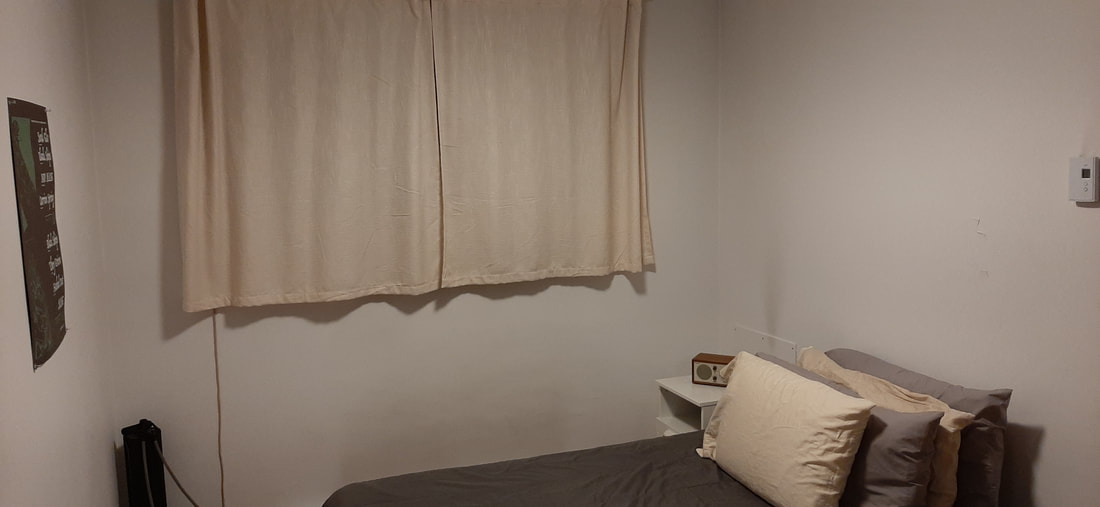
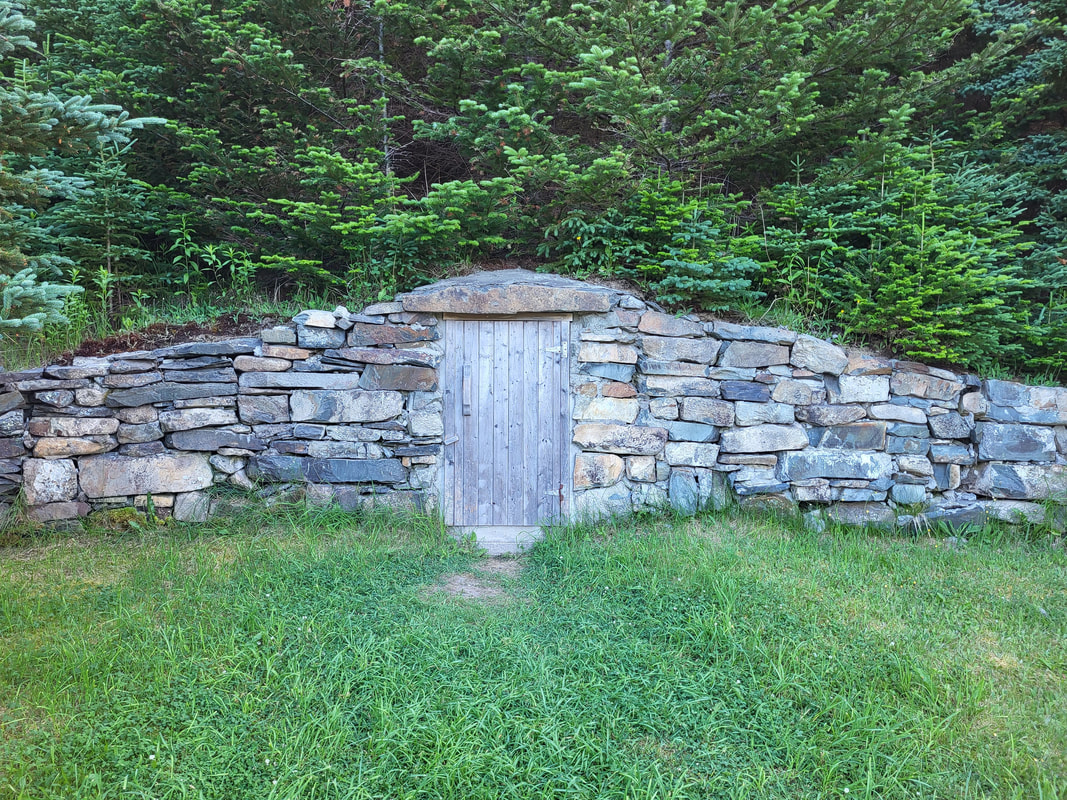
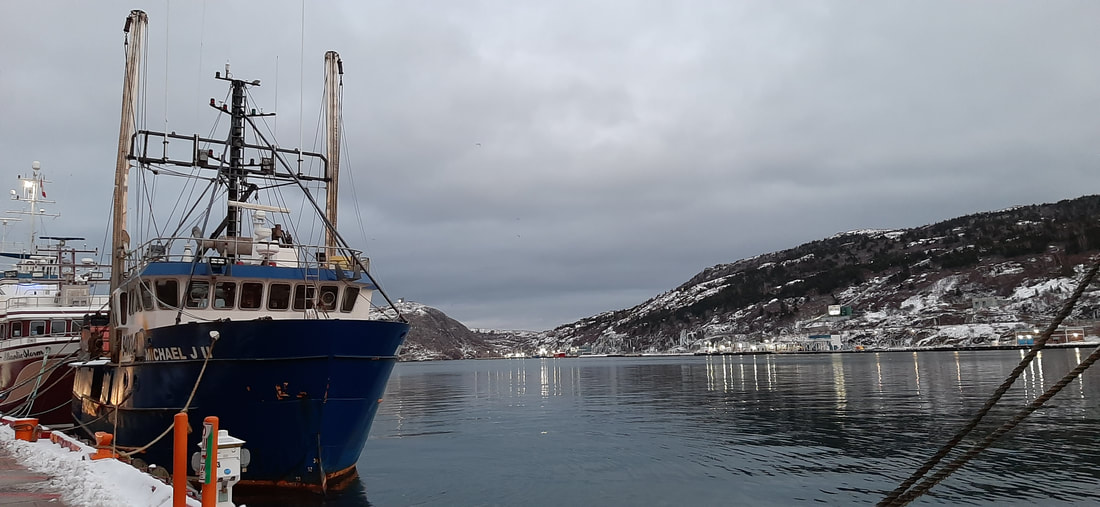
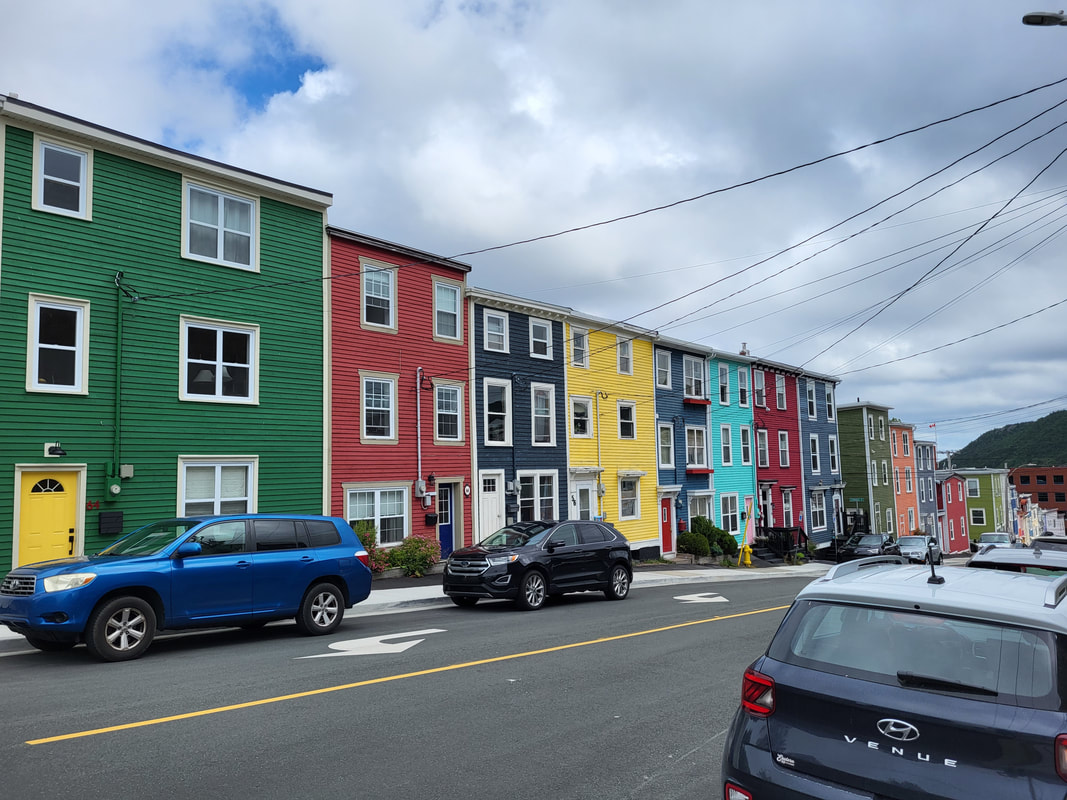
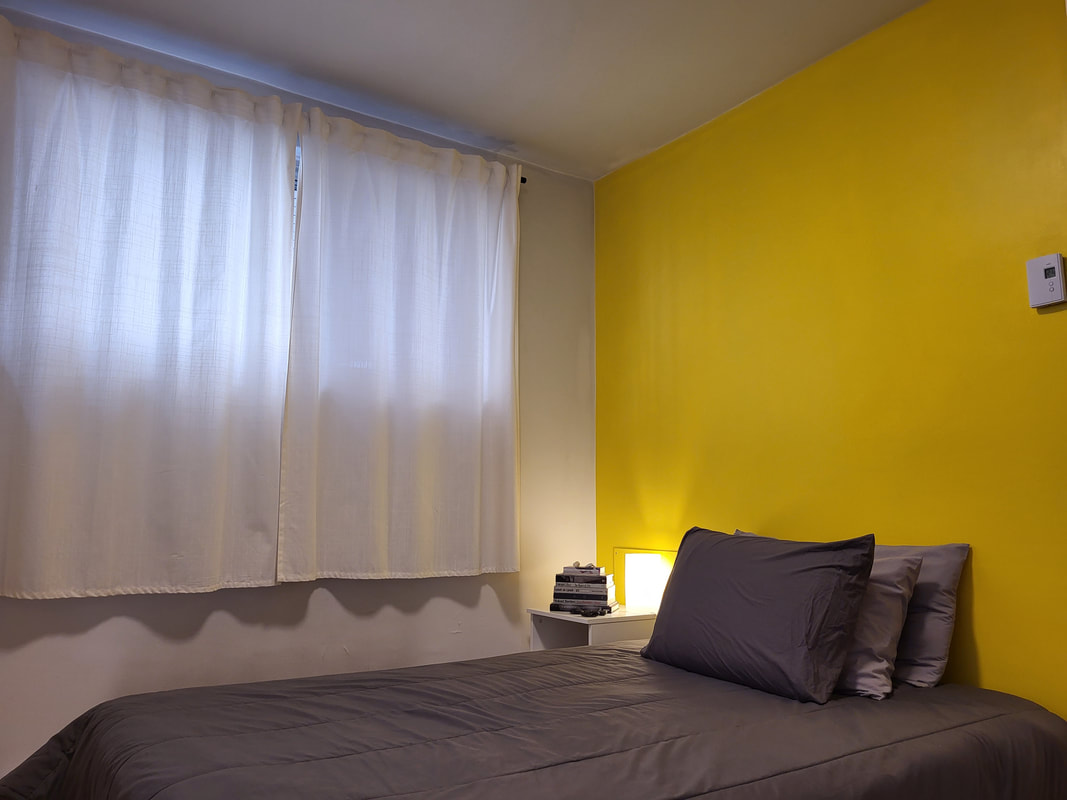
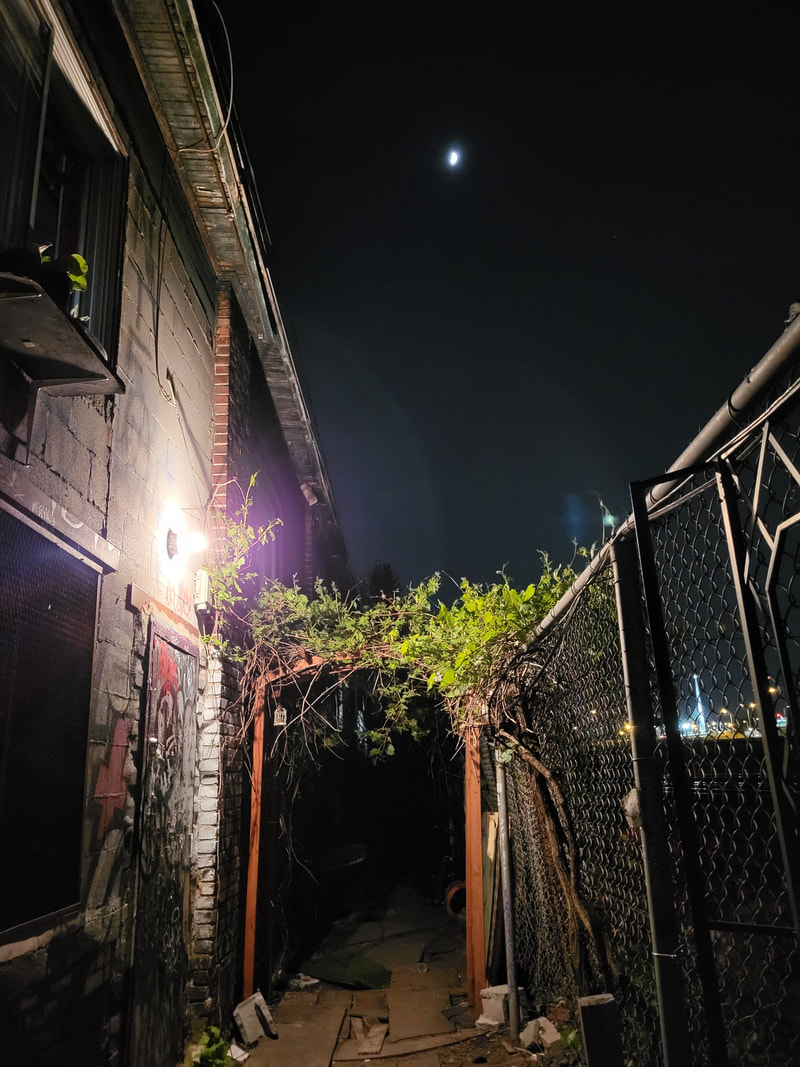
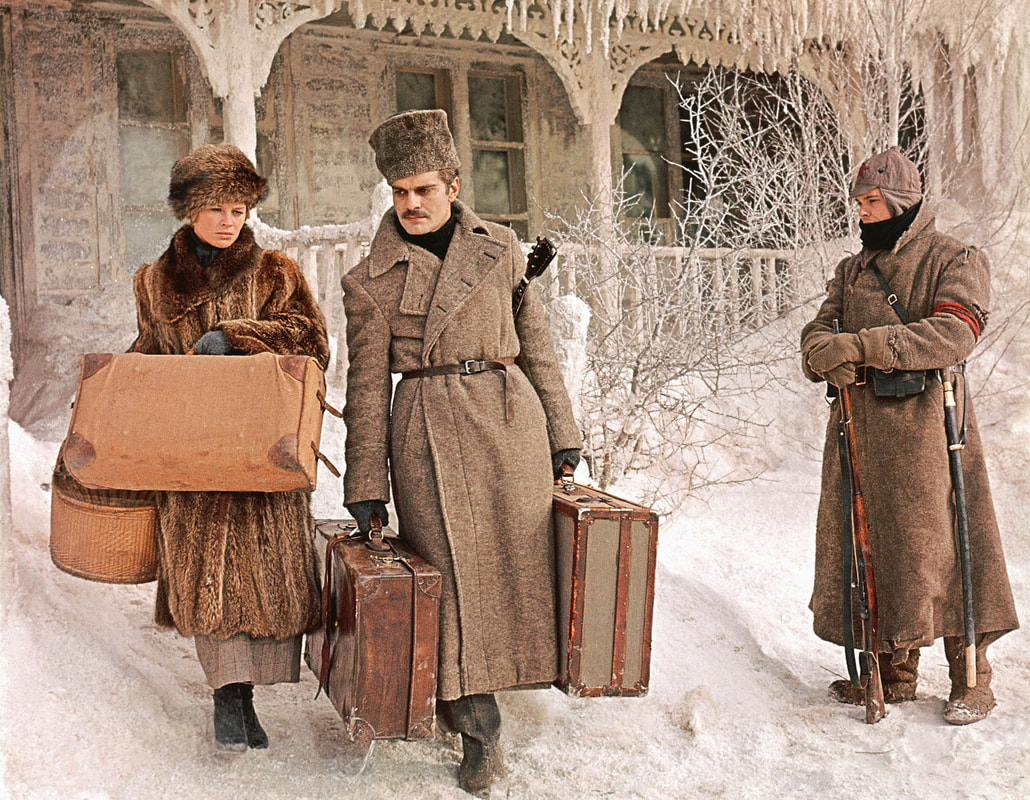
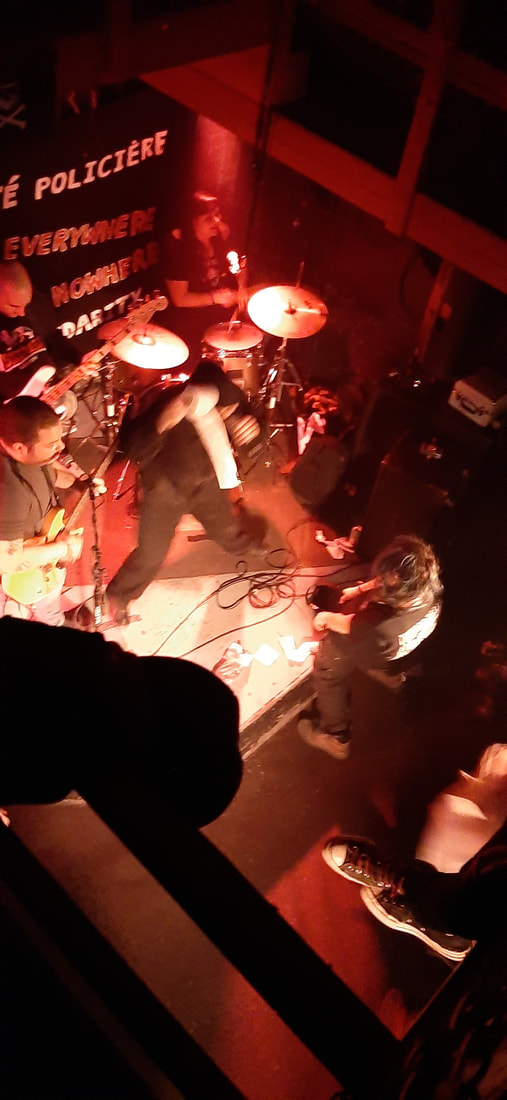
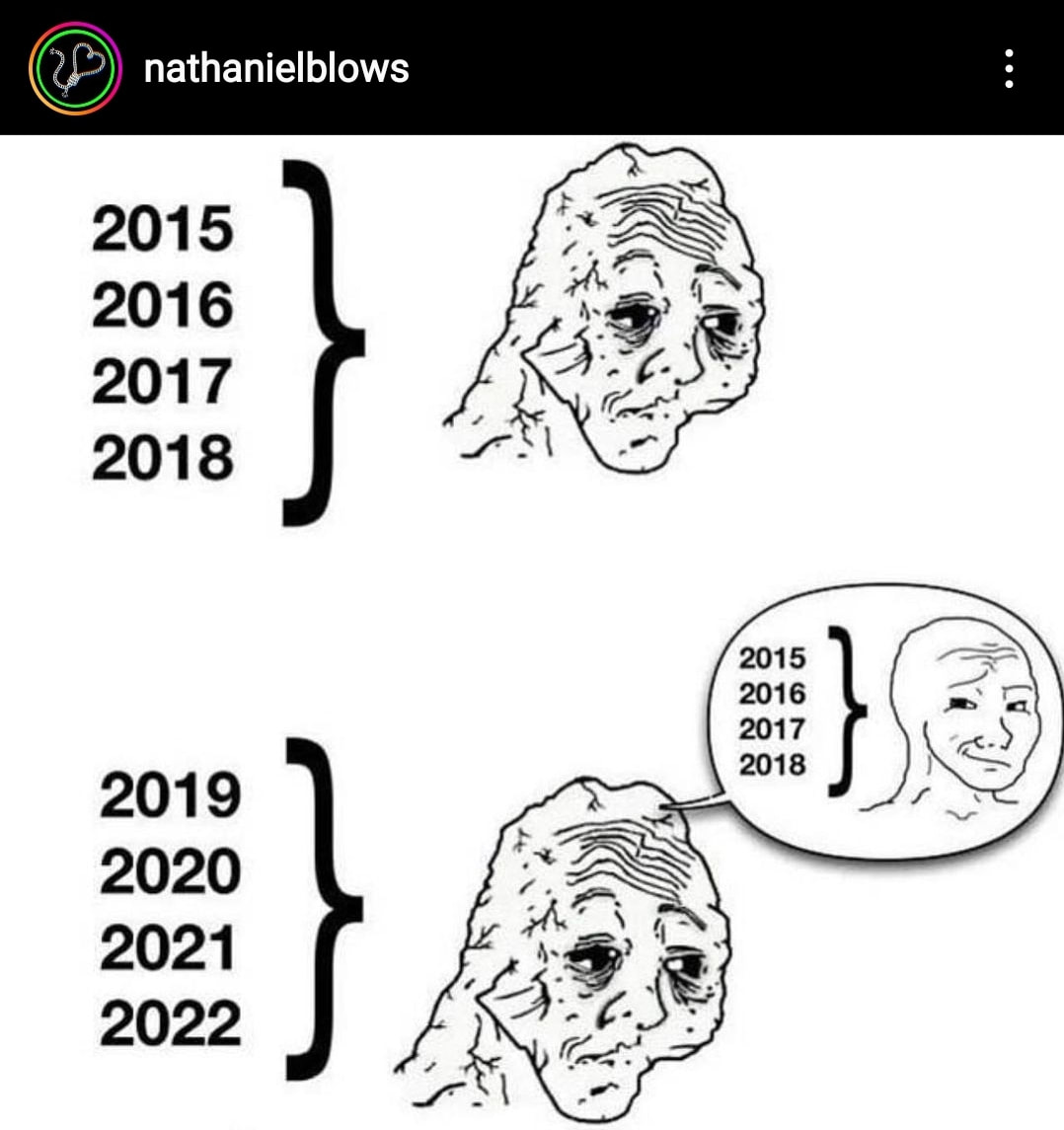
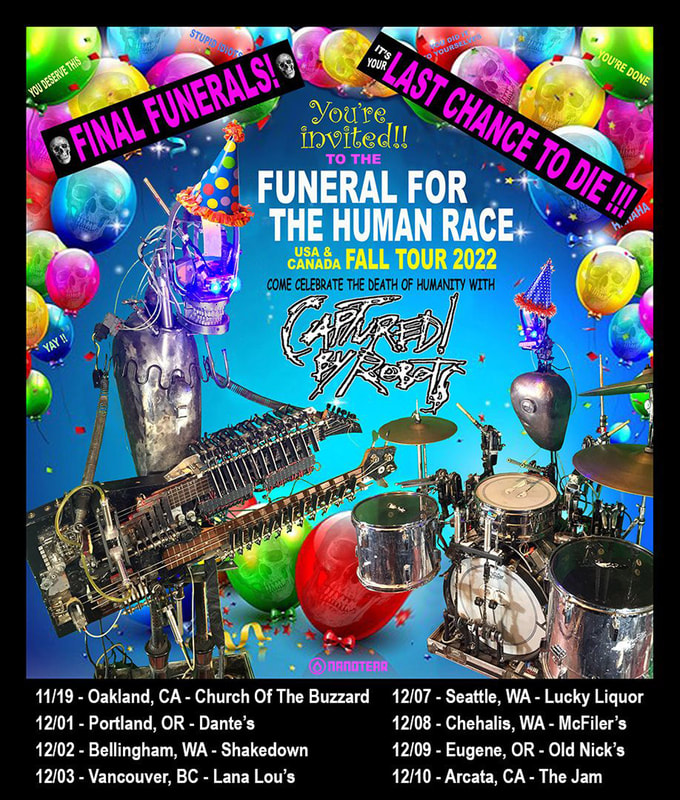
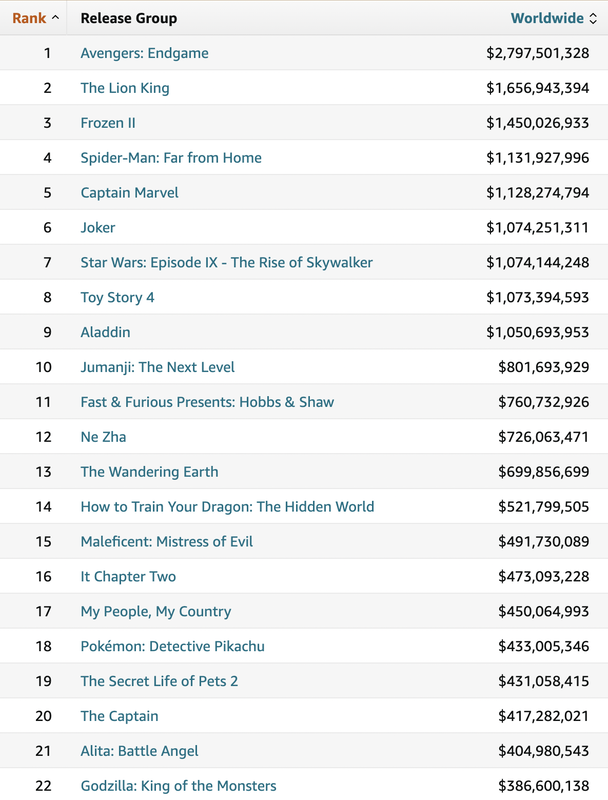
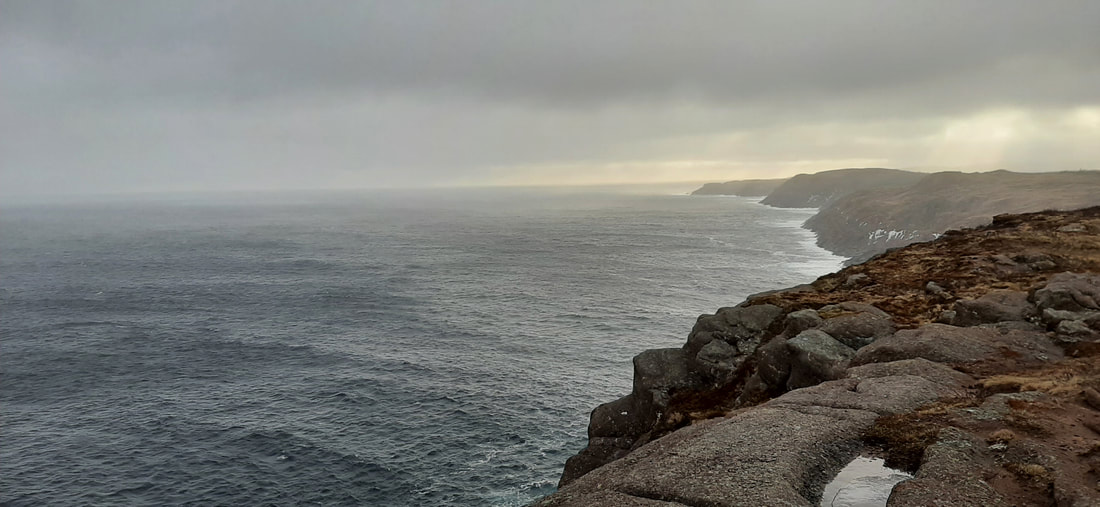
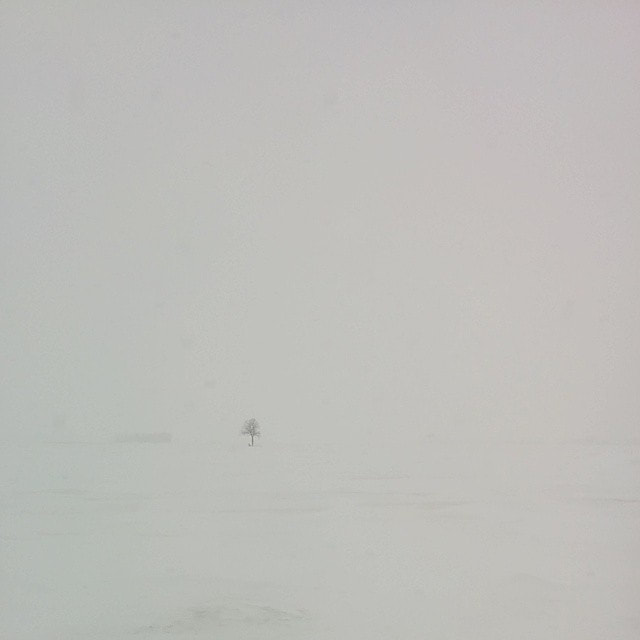
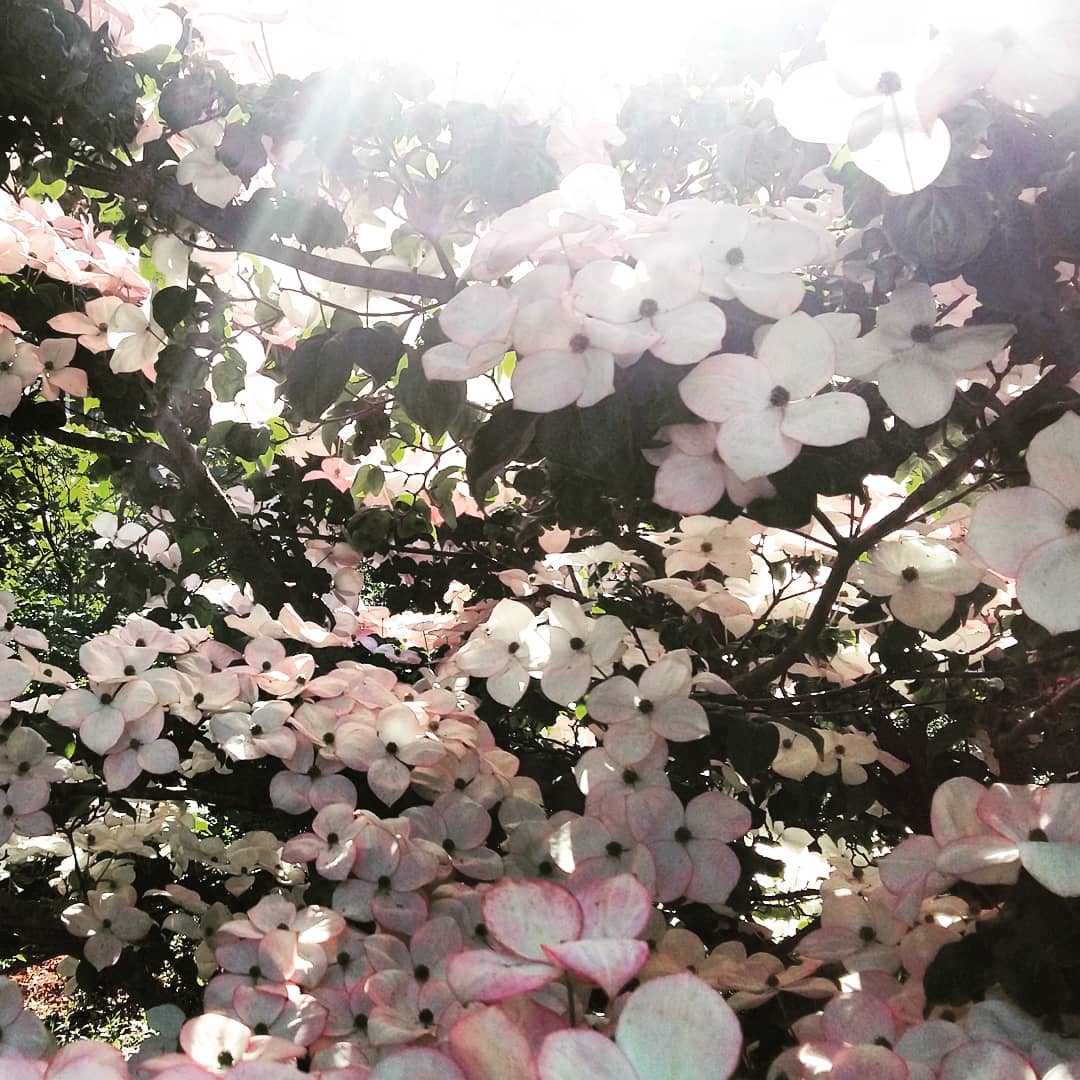
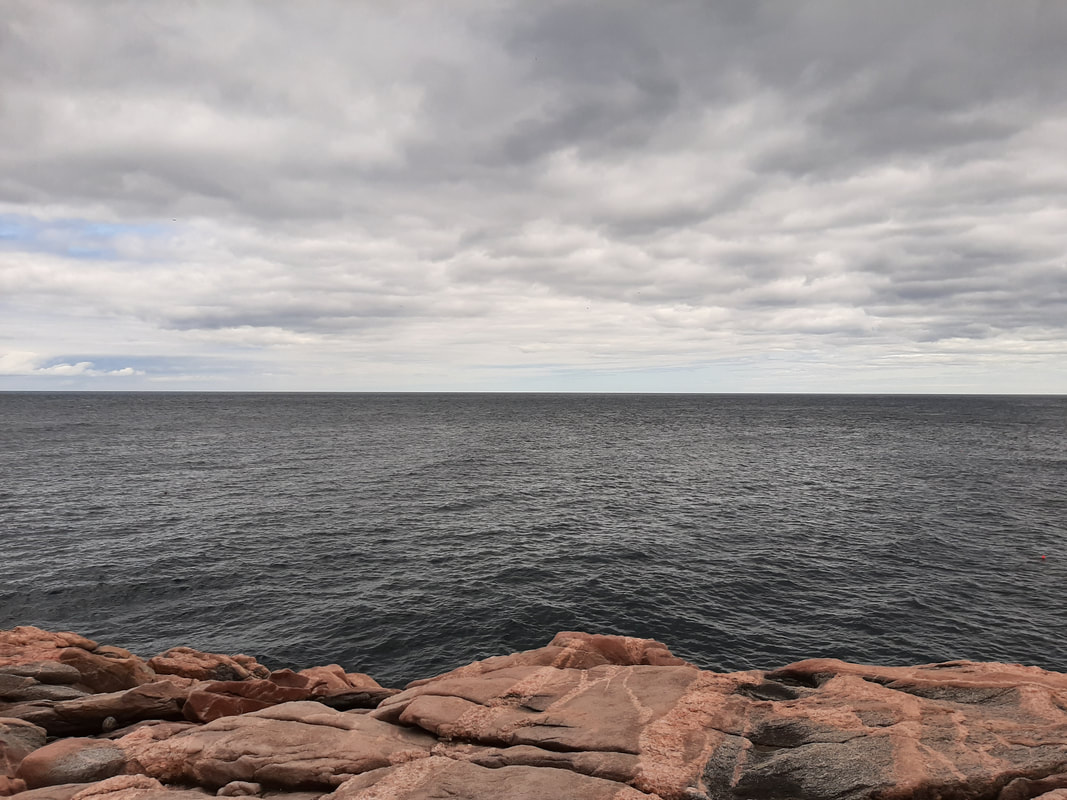
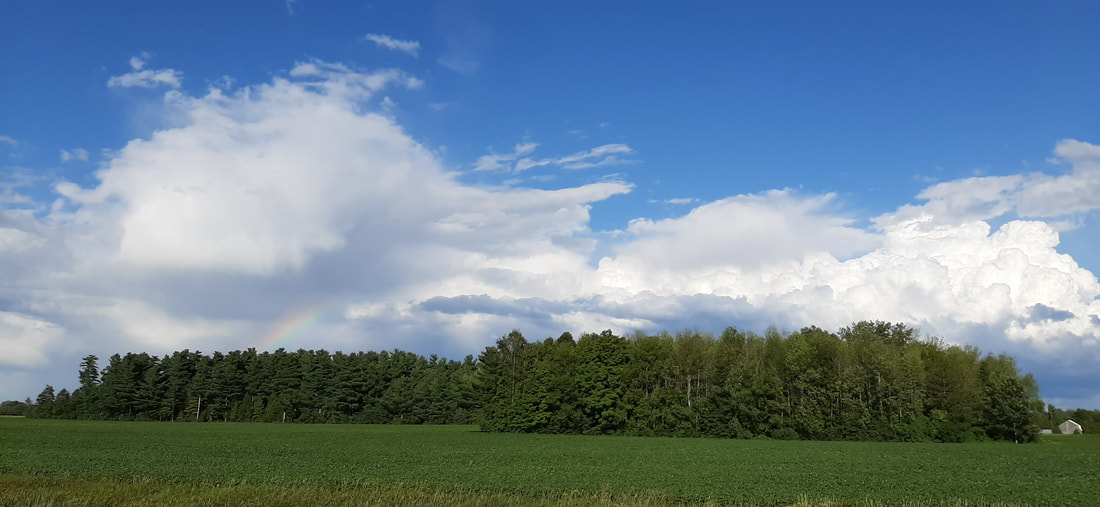
 RSS Feed
RSS Feed